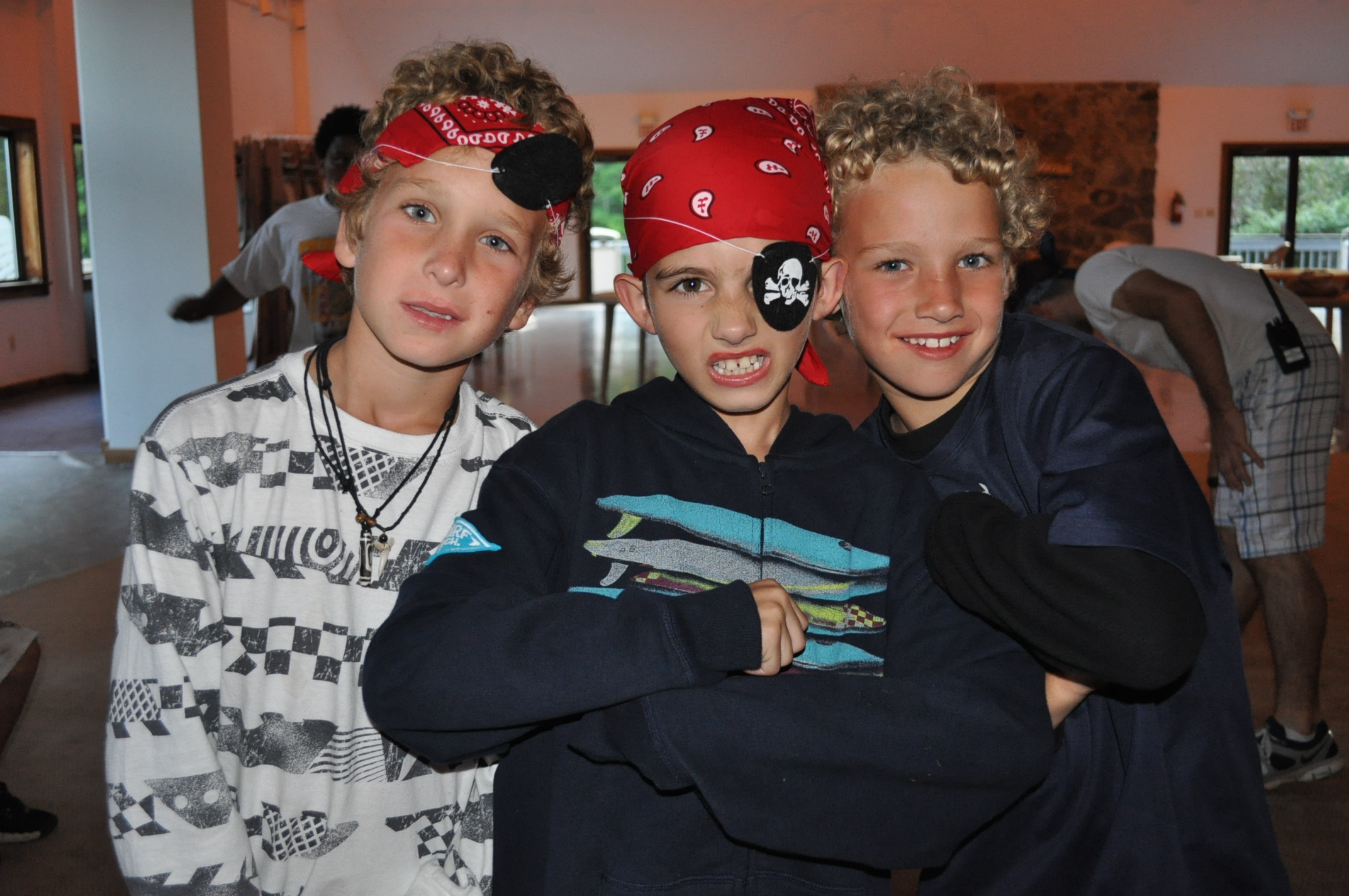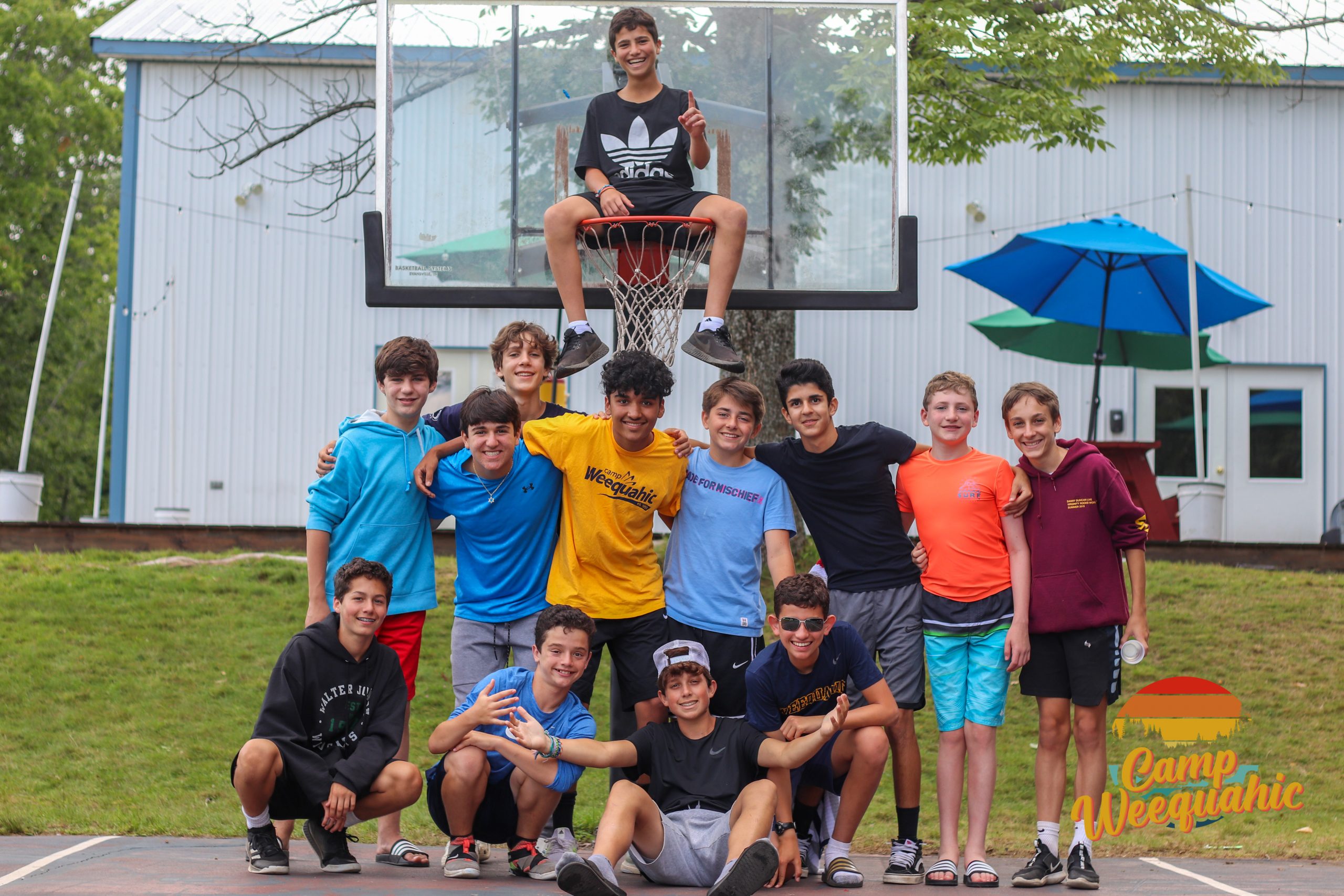Yes, Halloween is upon us and we are all in the mood for ‘fright.’ (That goes double for us in the Kelly household as our middle son, Jack, just got his drivers license today!) But ‘scary’ kids and the challenge of seeing a child drive away did not get me thinking about today’s subject: fear.
I blame a quote I recently re-encountered.
“I must not fear. Fear is the mind-killer…. I will face my fear. I will permit it to pass over me and through me. And when it has gone past I will turn the inner eye to see its path. Where the fear has gone there will be nothing. Only I will remain.”
from Dune by Frank Hebert
I used to think of needing to build up armor around myself to protect against fear. If I could simply protect myself or my loved ones from the need to fear, I’d have ‘won.’ But that’s not how fear works.
The Fear Reaction
Let’s take, for example, a camper who gets onto the bus to camp for the first time.
The act itself is simple, isn’t it? Walk up a few steps, down a little pathway, and plop down into the comfy seat set aside just for you. If you want to add a bit of complexity, you figure out what to do with your bus bag and, hopefully, smile and introduce yourself to the other new camper sitting next to you.
But, for many of our first-time campers, those simple action-steps are accompanied with a lot of internal perceptions, questions and reactions: will the kids be nice? What are my parents thinking? Wait a second, I’m going where? What if….
Those internal perceptions accompanying a seemingly set of actions can trigger the fear response, an emotional overload which leads to withdrawal for some and tears for others.
In this situation, ‘armour’ is not what a camper needs. Instead, they need the internal strength to let the fear response wash over them and leave. Want know what helps develop this internal awareness, this internal strength?
Stories and Effort
We all are immersed in stories from our earliest days. Great stories show people who overcome challenges, who live lives of purpose and meaning, and demonstrate the power of community. As we age, we switch from the make-believe to the stories of great humans from history like Dr. King, Mother Theresa, Mrs. Parks, and Churchill.
By learning from others, even from the likes of Harry Potter or Hermione Granger, we begin to develop the story we tell ourselves. If we are fortunate, we begin to internalize these stories in a way that adds to our internal strength. We see ourselves reaching out to those in need, rising to the occasion, overcoming challenge.
When you combine these stories with purposeful effort, you supercharge the feelings of confidence and competence. You give yourself the best chance to learn from mistakes and move forward. And, you attract others to your side to lend a hand.
Summer Camp Solution
That’s the beauty of camp. It combines a lot of great stories, a ton of support from engaged staff and lots of opportunities to practice. When done well, these aspects come together to create a virtuous cycle of increasing internal strength and connection and community.
Does fear go away? Nope. There will always be situations when it washes in. But, with stories and effort and community, fear is more likely to wash in and out, leaving nothing but your true, valiant self behind.
So, for our first-time campers above: recognize the anxiety about getting into a new situation and let it blow away. You are more excited about going to camp than anything else. Stick your hand out, smile and put in the effort. You are going to do great! We’ll be there by you as along as you need.
Happy Halloween!



